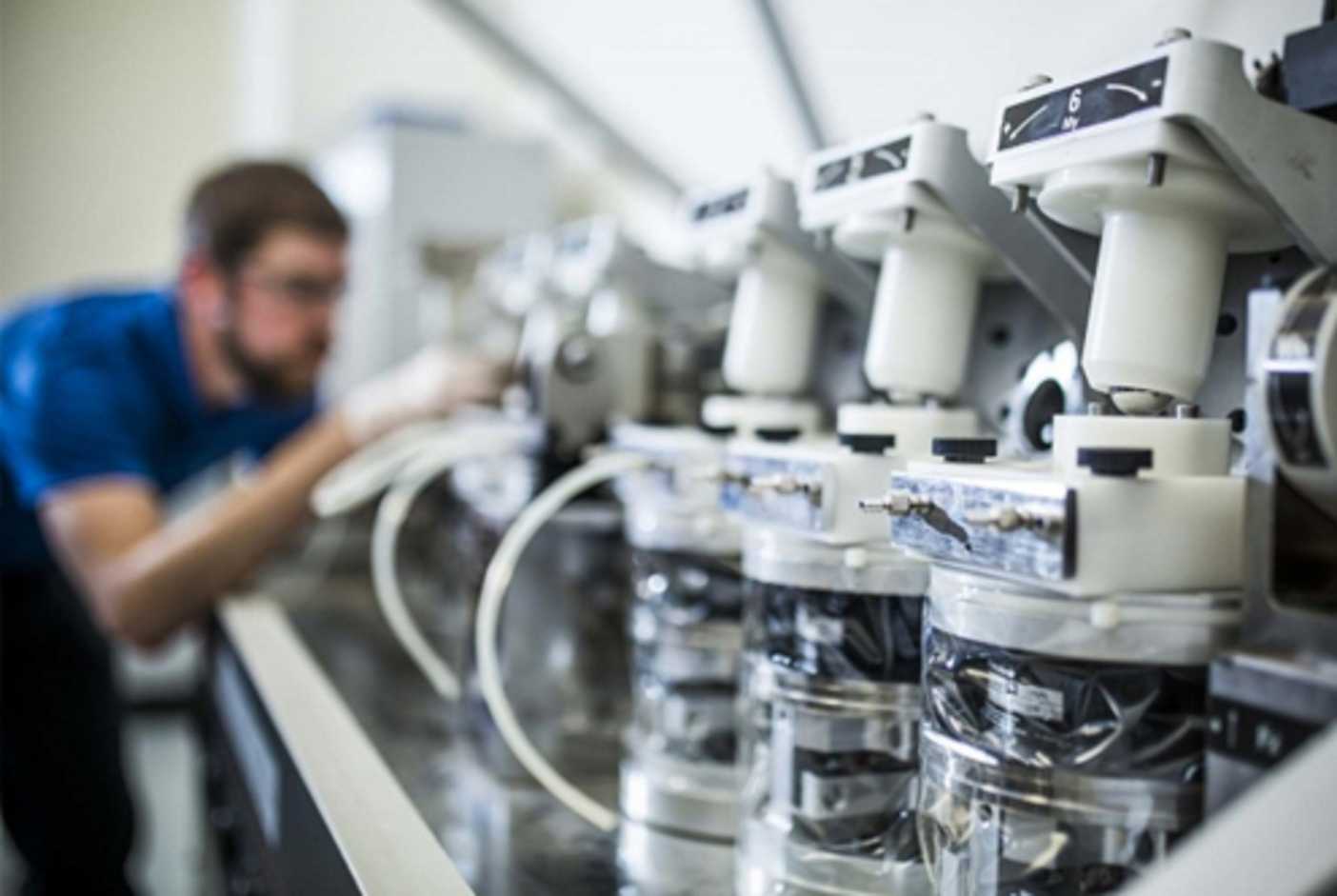The legal landscape is undergoing a significant transformation with the integration of Artificial Intelligence (AI) into personal injury law. This technological advancement is reshaping how attorneys handle cases, from evidence gathering to client communication. For firms like Pisanchyn Law Firm, staying abreast of these changes is crucial to providing effective representation.
The Rise of AI in Personal Injury Law
AI technologies are increasingly being employed to streamline various aspects of personal injury law.
-
Medical Records Analysis: AI tools can swiftly review extensive medical documents, identifying pertinent information that supports a client’s claim.
-
Case Timeline Construction: By analyzing data from accident reports and medical records, AI can assist in creating accurate timelines, crucial for establishing the sequence of events.
-
Deposition Summarization: AI can efficiently summarize lengthy depositions, highlighting key testimonies that may influence the case outcome.
-
Legal Research and Drafting: AI aids in conducting comprehensive legal research and drafting documents, ensuring that attorneys can focus more on strategy and client interaction.
Implications for Clients
For clients, the incorporation of AI means:
-
Faster Case Resolution: Automation of routine tasks can lead to quicker case processing and settlements.
-
Enhanced Accuracy: AI’s precision in analyzing data reduces the likelihood of errors, strengthening the client’s position.
-
Improved Communication: With AI handling administrative tasks, attorneys have more time to engage directly with clients, addressing their concerns promptly.
Challenges and Ethical Considerations
While AI offers numerous benefits, it also presents challenges:
-
Data Privacy: Handling sensitive client information requires stringent data protection measures to prevent breaches.
-
Bias and Fairness: AI systems must be monitored to ensure they do not perpetuate existing biases, which could adversely affect case outcomes.
-
Dependence on Technology: Over-reliance on AI may lead to overlooking the nuanced judgment that experienced attorneys bring to complex cases.
The integration of AI into personal injury law signifies a pivotal shift in legal practice. For firms like Pisanchyn Law Firm, embracing this technology is essential to enhance efficiency and client satisfaction. However, it is equally important to navigate the associated challenges responsibly, ensuring that the human element remains central to legal advocacy.
Note: This article is for informational purposes only and does not constitute legal advice.





